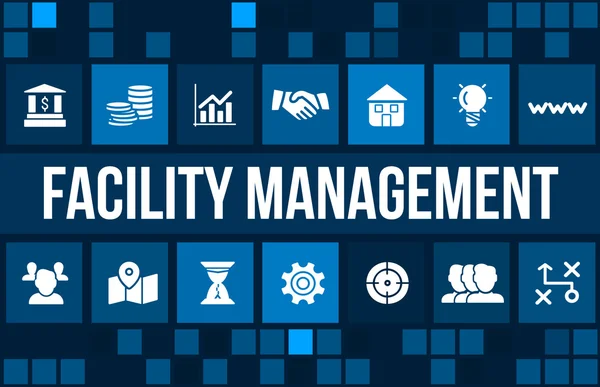Introduction
Facilities management is a crucial aspect of any organization, encompassing a wide range of activities aimed at ensuring the functionality, comfort, safety, and efficiency of the built environment. From office buildings to manufacturing plants, facilities management plays a key role in ensuring that the physical assets of an organization are well-maintained and aligned with its goals. In this article, we will explore the importance of facilities management, its key components, the role of technology, benefits, challenges, best practices, and future trends in the field.
Importance of Facilities Management
Effective facilities management is essential for organizations to operate efficiently and safely. It involves the management of all aspects of the built environment, including buildings, infrastructure, and grounds. By ensuring that facilities are well-maintained and meet the needs of occupants, facilities management helps to create a productive and comfortable working environment. It also plays a key role in supporting the core business activities of an organization, such as manufacturing, research, and administration.
Key Components of Facilities Management
Facilities management encompasses a wide range of activities, including maintenance and repairs, space utilization and planning, health and safety, and sustainability.
Maintenance and Repairs: One of the primary responsibilities of facilities management is to ensure that buildings and equipment are well-maintained and in good working order. This includes routine maintenance tasks, such as cleaning and inspections, as well as more complex repairs and upgrades.
Space Utilization and Planning: Facilities managers are responsible for ensuring that space within a facility is used efficiently. This includes determining the optimal layout of workspaces, meeting rooms, and common areas to meet the needs of occupants while minimizing wasted space.
Health and Safety: Facilities managers are also responsible for ensuring that facilities meet health and safety regulations. This includes ensuring that buildings are free from hazards, such as fire risks or unsafe working conditions, and that occupants are aware of safety procedures.
Sustainability: With an increasing focus on sustainability, facilities managers are also responsible for implementing environmentally friendly practices within their facilities. This includes reducing energy consumption, minimizing waste, and using sustainable materials and practices in construction and maintenance.
Role of Technology in Facilities Management
Technology plays a crucial role in modern facilities management, enabling facilities managers to more effectively manage their assets and resources.
Benefits of Effective Facilities Management
Effective facilities management offers a range of benefits for organizations, including cost savings, improved productivity, and enhanced sustainability.
Challenges in Facilities Management
Despite its importance, facilities management also presents several challenges, including budget constraints, changing regulations, and the need to keep pace with technological advancements.
Best Practices in Facilities Management
To overcome these challenges, facilities managers can adopt a number of best practices, including proactive maintenance, data-driven decision-making, and regular performance reviews.
Future Trends in Facilities Management
Looking ahead, the field of facilities management is likely to continue evolving, with trends such as increased use of technology, greater focus on sustainability, and more flexible workspaces becoming increasingly important.
In conclusion, facilities management plays a crucial role in ensuring the functionality, comfort, safety, and efficiency of the built environment. By adopting best practices and embracing new technologies, facilities managers can help to create environments that support the core business activities of their organizations while also contributing to a more sustainable future.
